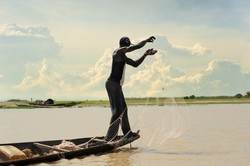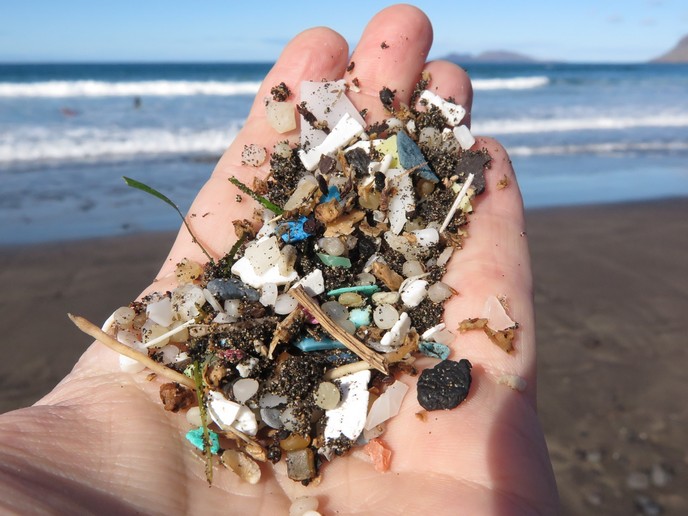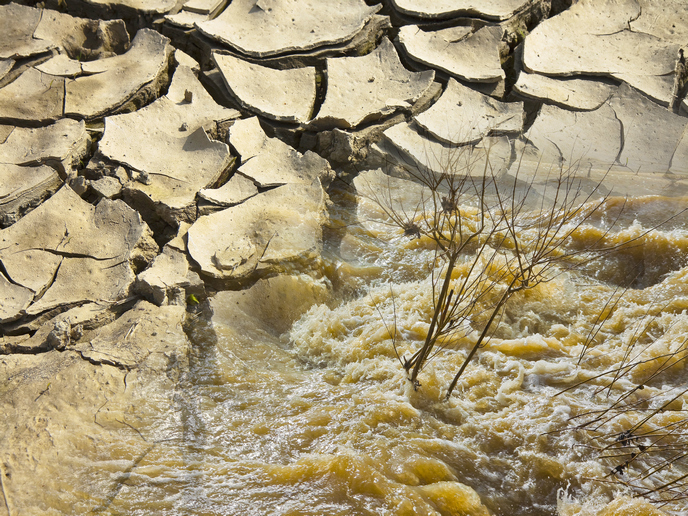Carbon flux in African rivers
Estimates suggest that double the global terrestrial carbon sink enters freshwater ecosystems every year. Despite this, carbon movement in tropical rivers has been studied far less than terrestrial or oceanic carbon fluxes. To address this lack of knowledge, the EU-funded AFRIVAL (African river basins: Catchment-scale carbon fluxes and transformations) initiative used a number of different approaches to quantify the movement of carbon in freshwater ecosystems in Africa. Researchers set up sampling stations, monitoring sites and sampling trips in a number of different river basins (from catchment area to estuary) in Africa. Sampling took place in 10 major African rivers across 9 countries. Researchers collected data on concentrations of organic and inorganic carbon, nutrients and major elements; greenhouse gas (GHG) exchange; and primary production (photosynthesis). AFRIVAL found that African rivers emit a large amount of GHGs, in particular carbon dioxide (CO2) and methane. However, much of that CO2 is coming from exchange with groundwater and floodplains. Researchers also found that the biology and geography of the catchment area has a major effect on the overall carbon flux. The nature of the riparian zone is particularly important to this effect. Lastly, AFRIVAL showed that in semi-arid rivers, the processing of inorganic nutrients is heavily influenced by the season and the residence time in the river. The data and findings of AFRIVAL represent a major step forward in understanding the global carbon cycle. These results will help researchers understand and model river systems more effectively in the future.







